Some signs are obvious. Like shouting at a flagstick or tearing up during a supermarket ad. Others are quieter. That weird detachment. The growing pile of unopened post. The vague fog that makes basic stuff feel oddly difficult.
This is about spotting the early stuff. The background noise. The little shifts that stack up quietly while you're busy assuming everything's fine.
Most people don’t wait until their car’s on fire to check the engine, right? But when it comes to your head, it's easy to keep driving through the strange sounds, hoping they'll sort themselves out.
These five signs are ones clinicians actually look for - subtle shifts worth noticing before they become something heavier.
If any of them feel familiar, that doesn’t mean something’s wrong. It just means now might be a good time to lift the bonnet.
Quick takeaways
- Sleep and appetite go rogue. Wide awake at 3am, snoozing through alarms, or suddenly eating like a fridge security guard.
- The spark’s gone. Hobbies feel muted, plans feel like chores, even golf feels flat.
- Basics feel heavy. Emails, bins, birthdays, small tasks suddenly feel uphill.
- Mood’s shifted. Snappy, zoned out, or just distant—it shows when your buffer’s thin.
- Thoughts turn darker. Low-level “what’s the point?” loops are worth paying attention to.
If these signs hang around, it’s a cue to check in - with yourself, with a doctor, or with someone you trust.
1. Your sleep and appetite have gone rogue.
You're wide awake at 3am thinking about something you said in 2017. Or sleeping through three alarms and waking up tired anyway.
Then, you're either stress-eating crisps at 9:45pm, standing in the kitchen like you've been assigned to guard the fridge, or you've forgotten food exists entirely.
Shifts in sleep and appetite are some of the earliest things clinicians look for—because your body often knows something’s off before you do. It’s not necessarily about having a perfect routine. It’s about noticing when your usual patterns have drifted way off course, and you've been calling it "just busy" for the past three months.
If your bed’s become a battleground or your fridge feels like an afterthought, that’s worth paying attention to. Not panicking about. Just noting.
{{divider-main="/content-templates"}}
2. The spark’s gone from the stuff you usually enjoy
You still do the things. Head out for a round, watch the match, scroll for half an hour before picking a Netflix show. But lately it all feels muted. Like someone's turned the volume down on everything and lost the remote.
You make the plans but hope they get cancelled. You show up, but leave early. You laugh at the right moments, but it’s more muscle memory than fun.
Losing interest in the things that normally reset your brain is one of the most common early signs that something's shifted. It creeps in quietly. You usually only notice when you're already in the middle of it, wondering why even a good round feels like going through the motions.
If the stuff that used to sort your head out now feels like background noise, that matters. It just means the usual reset button's stopped working, and it's probably time to try a different kind of care.
{{divider-main="/content-templates"}}
3. Everyday stuff feels way harder than it should.
You keep missing small things. Forgetting what you walked into rooms for. Replying to emails three days late because you opened them, meant to respond, then somehow forgot they existed.
The bins, the washing, remembering people's birthdays. All taking more effort than they should, and definitely more than they used to. Like you're playing off a handicap that keeps getting worse, except it's just life admin.
When the basics start feeling like uphill climbs, it usually means your capacity has taken a hit. And it tends to show up in the small stuff first, before you even realise what's happening.
The work gets sloppy. Concentration drops. Things at home get a bit chaotic.
If everything feels a bit scrambled lately, you’re not imagining it. And it’s not nothing.
{{divider-main="/content-templates"}}
4. You’re more snappy, flat, or distant than usual
You're still functioning, still getting things done. But the edge is sharper. The fuse is shorter. Things that wouldn't normally bother you suddenly do. Maybe it's emails. Maybe it's people breathing too loudly. Maybe it's your playing partner taking forever to read a three-foot putt.
Or maybe it's the opposite. You're not angry, you're just not really there. Conversations blur past. People talk and you nod, but nothing actually lands. You're present but not present.
These mood shifts (irritability, numbness, or pulling back) are easy to miss, especially if you're still keeping up appearances. But they're key signs that your emotional buffer has worn thin.
If you've noticed yourself snapping more, zoning out, or just caring less about things that used to matter, it might be your brain's way of saying it's stretched. That there's less margin than usual. And that it's starting to show.
{{divider-main="/content-templates"}}
5. Your thoughts have taken a darker turn.
Not every day. Not constantly. But enough that you've noticed. The odd "what's the point?" moment. The sense that people might actually be better off if you just kept your distance. That low-level background loop of "I'm messing everything up" or "I'm so tired of this."
These thoughts don't always show up as full crisis mode. Sometimes they sneak in disguised as guilt, or self-blame, or just feeling like you're a burden. That's still worth taking seriously.
Even if things look fine from the outside, those thoughts can wear you down fast if you keep carrying them solo. And they're one of the clearest signs that your mental health could use some proper attention.
If this sounds familiar, you don’t have to wait for a rock bottom. You can talk to someone now.
{{crisis-main="/content-templates"}}
What to do if some of this feels familiar
If a few of those signs landed, especially if they've been hanging around for more than a couple of weeks, it's probably your head trying to get your attention.
These signs can have various causes. Sometimes it's life circumstances, sometimes it's underlying health stuff, sometimes it's just your brain needing a bit of professional support to get back on track.
So what now?
- Call your GP (UK) or Primary Care Provider (USA). Seriously. They've heard it all before, they're good at this stuff, and they can help figure out what's going on. You can also self-refer to local mental health services or contact organisations like Mind (UK) or SAMHSA (USA). More info on our GET HELP page.
- Read How to tell someone you're not OK.
If that still feels like too much right now, start smaller. Sometimes the smallest shift makes the biggest difference.
If you have concerns about your mental health or well-being, please speak to a qualified health or mental health professional.
%20(13).avif)
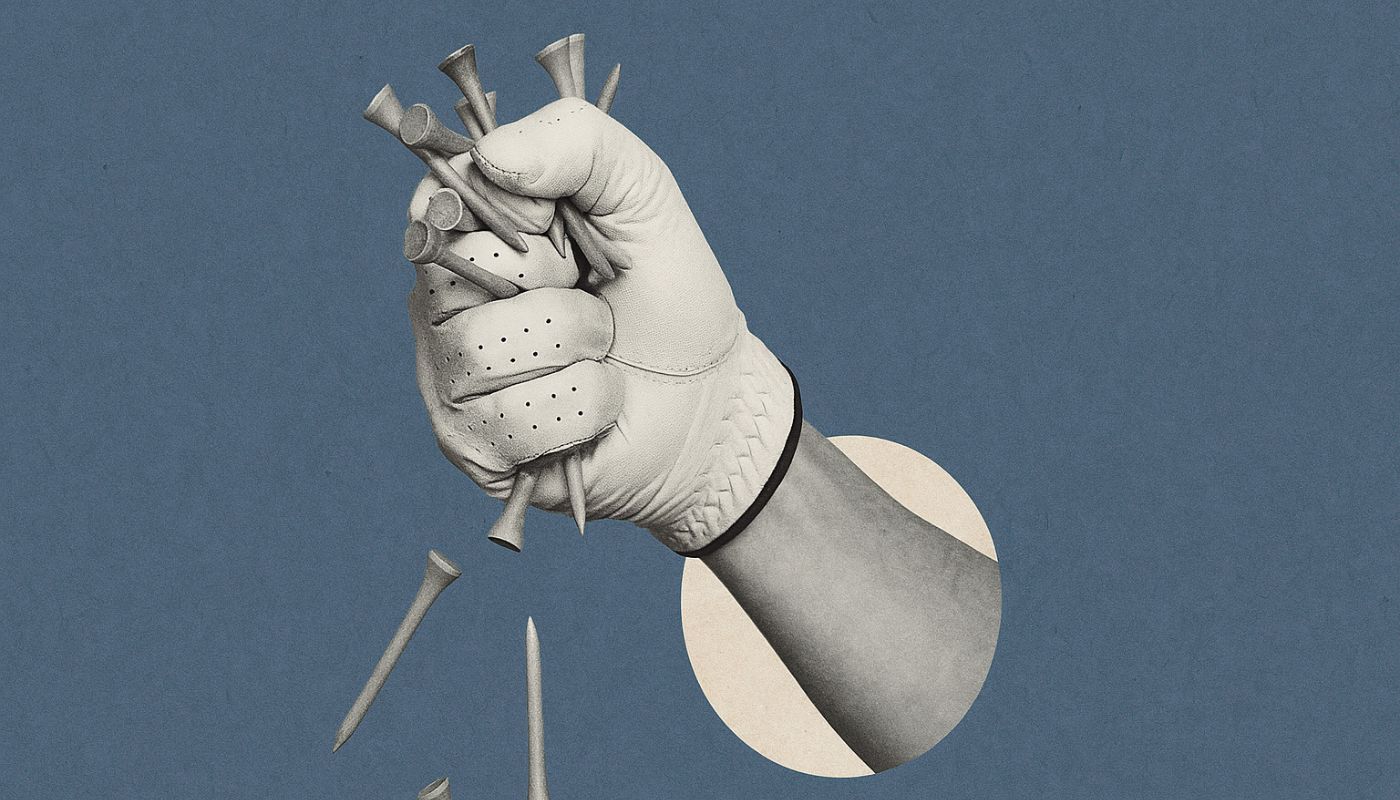

.jpg)


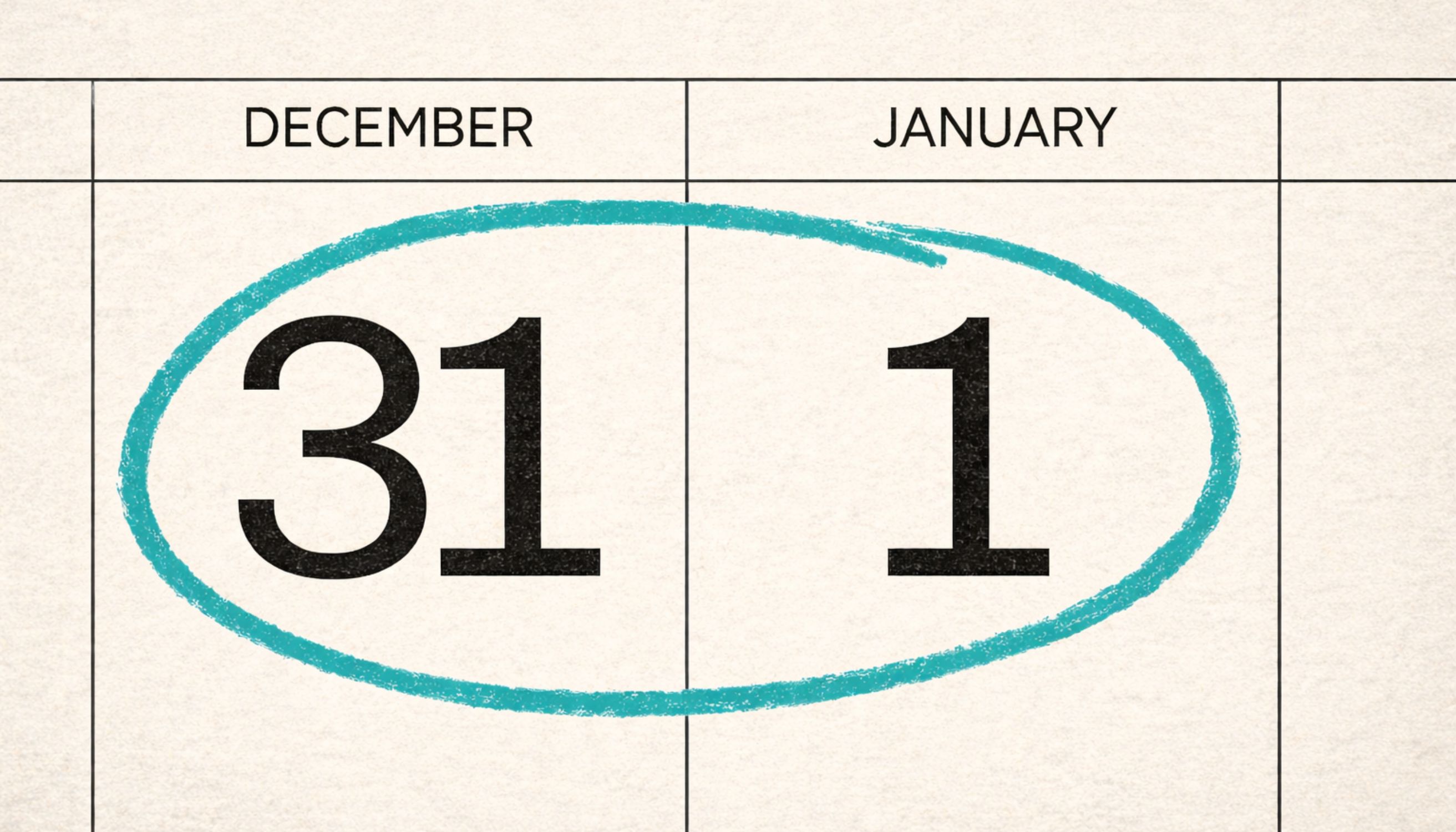


.jpg)

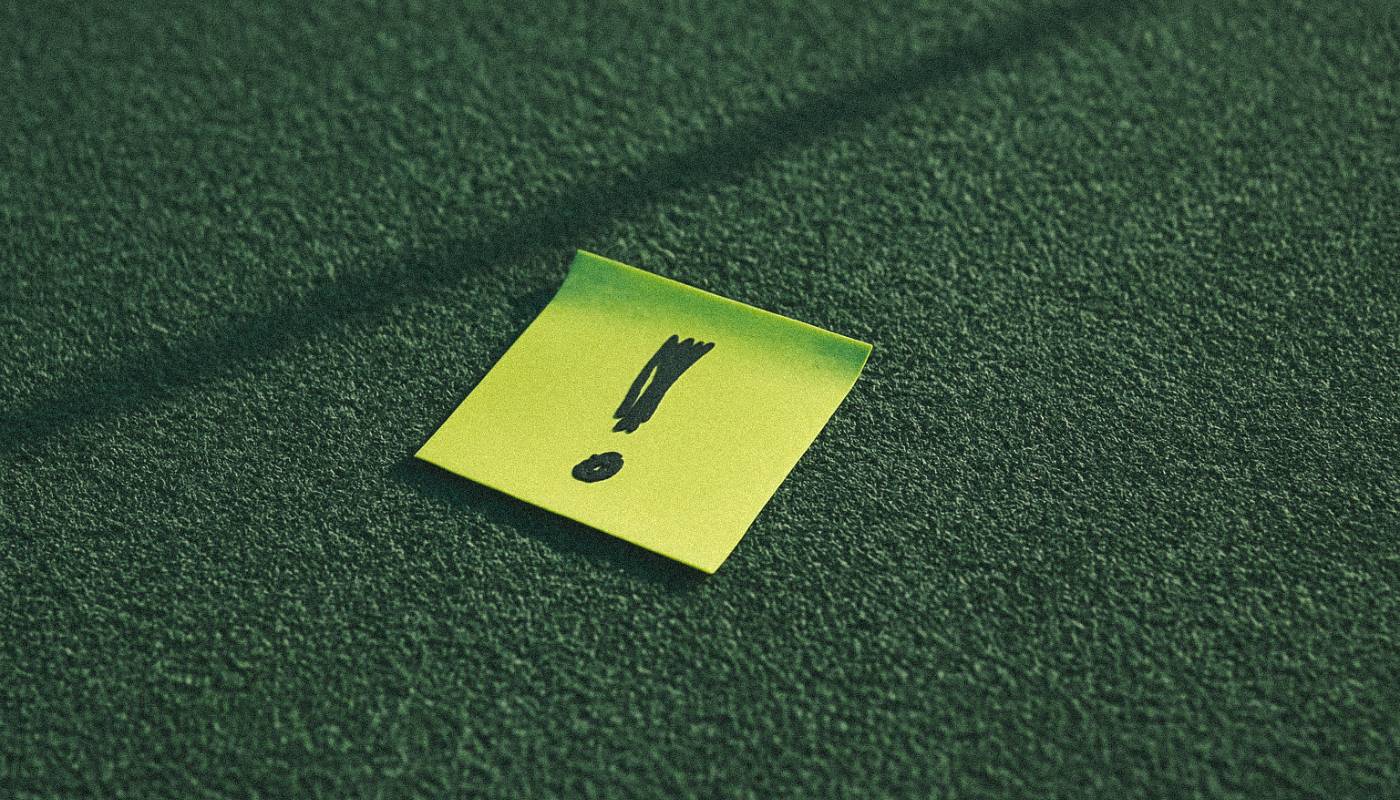



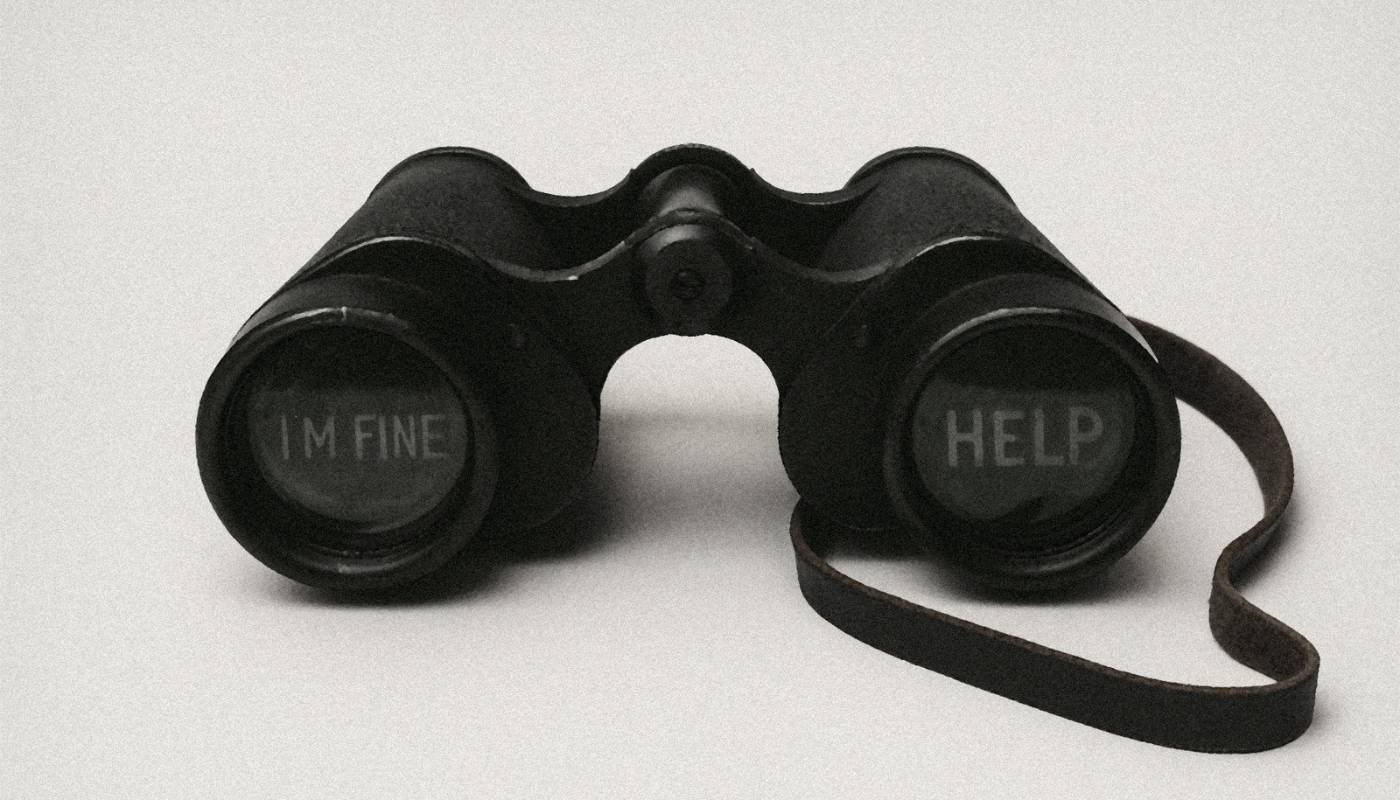
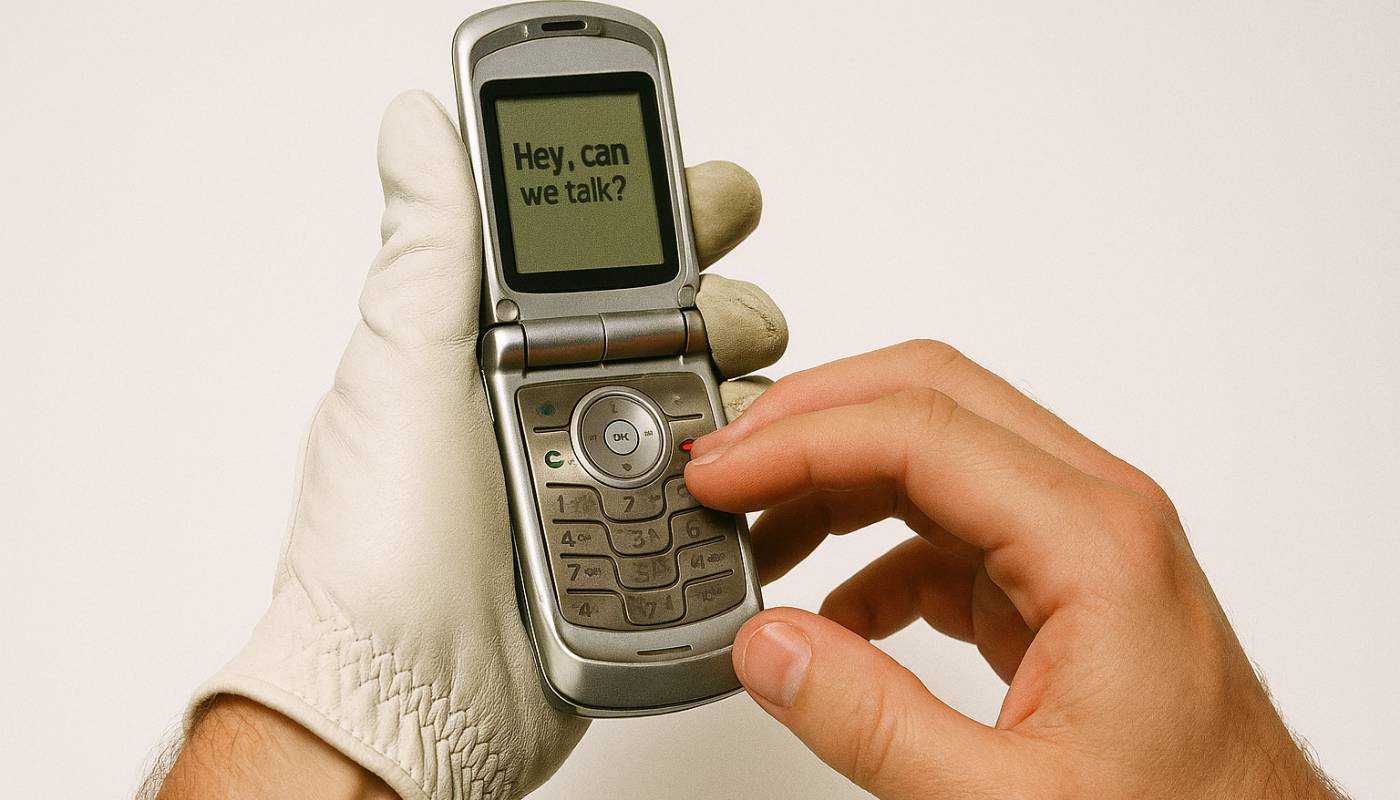
.avif)